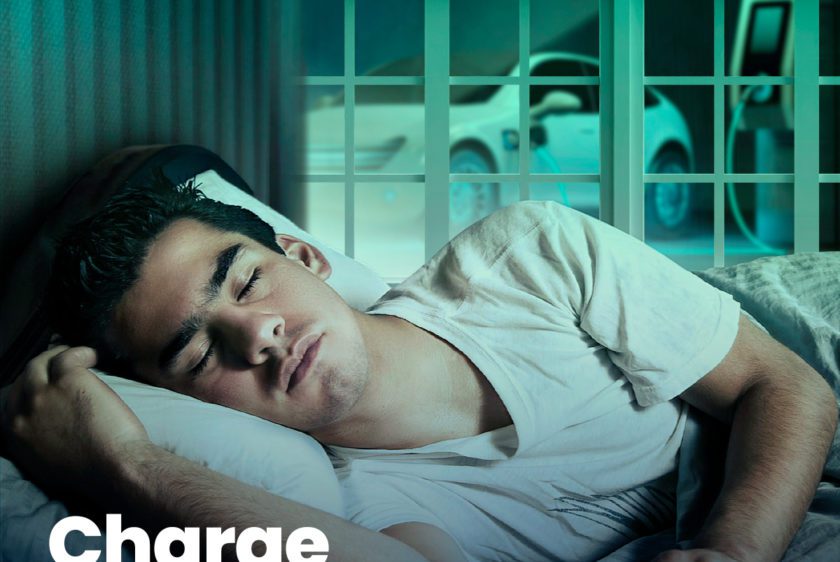As Dubai accelerates toward a sustainable future, the demand for EV charger Dubai solutions is skyrocketing.
With government incentives, growing EV adoption, and advancements in charging technology, understanding the best EV charger installation Dubai options is crucial for homeowners, businesses, and public facilities.
This comprehensive guide covers:
✔ EV charger Dubai price and cost breakdown
✔ DEWA EV charger regulations and compliance
✔ Best EV charger suppliers in Dubai & UAE
✔ Installation processes and expert recommendations
✔ Future trends in EV charging infrastructure
What is an EV Charger?
An EV charger (Electric Vehicle charger) is a device that supplies electricity to recharge electric vehicles. Depending on the type, it can deliver power at varying speeds:
- Slow Chargers (AC, 3.7kW–22kW): Ideal for overnight home charging.
- Fast Chargers (DC, 50kW+): Used in public stations for quick top-ups.
- Ultra-Fast Chargers (150kW+): Found on highways for rapid charging.
Why Dubai Needs More EV Chargers
- Government Vision: Dubai aims for 30% of vehicles to be electric by 2030.
- DEWA Initiatives: Expansion of Green Charger Initiative with 300+ stations.
- Cost Savings: Lower fuel expenses compared to petrol/diesel.
EV Charger Dubai Price & Cost Breakdown (2025)
Home EV Charger Dubai Cost
| Charger Type | Power (kW) | Price Range (AED) |
|---|---|---|
| Basic Portable | 3.7kW | 1,200 – 2,500 |
| Smart Wallbox | 7.4kW – 11kW | 3,000 – 6,000 |
| Three-Phase | 22kW | 6,000 – 10,000 |
Commercial & Public EV Charger Dubai Price
| Charger Type | Power (kW) | Price Range (AED) |
|---|---|---|
| Fast DC Charger | 50kW | 50,000 – 80,000 |
| Ultra-Fast DC | 150kW+ | 150,000+ |
EV Charger Installation Dubai Cost
- Basic Installation: AED 500 – 2,000 (home)
- Commercial Setup: AED 5,000 – 20,000 (permits, grid upgrades)
DEWA EV Charger Regulations & Compliance
Key DEWA EV Charging Rules
✅ Approval Needed: For public/commercial installations.
✅ Metering Standards: Smart meters required for billing.
✅ Safety Certifications: Must comply with UAE standards.
DEWA EV Charging Rates (2025)
- Home Charging: ~30 fils/kWh (off-peak discounts available).
- Public Charging: 45–65 fils/kWh (varies by provider).
Best EV Charger Suppliers in Dubai & UAE
Top 5 EV Charger Suppliers in UAE (2025)
QuickRev—leading EV charger supplier in Dubai with smart solutions.
EV Charger Installation Dubai: Step-by-Step Process
Home Installation Steps
- Site Assessment – Check electrical capacity.
- DEWA Approval (if required).
- Charger Selection – Tethered vs. untethered.
- Certified Installation – By accredited electricians.
- Testing & Activation – Ensure safety compliance.
Commercial/Public Installation
- Requires DEWA permits & grid upgrades.
- Load management systems for multiple chargers.
Fast vs. Slow EV Chargers: Which is Best for Dubai?
| Feature | Slow Charger (AC) | Fast Charger (DC) |
|---|---|---|
| Power | 3.7kW – 22kW | 50kW – 350kW |
| Best For | Homes, offices | Highways, malls |
| Charging Time | 6–12 hours | 20–60 mins |
| Cost | Affordable | Expensive |
Smart EV Chargers: The Future of Charging in Dubai
✔ Load Balancing – Prevents electrical overload.
✔ Solar Integration – Use solar power for charging.
✔ Remote Scheduling – Charge during off-peak hours.
Common FAQs About EV Charger Dubai
Can I Install My Own EV Charger in Dubai?
No, only certified electricians can install EV chargers (DEWA regulations).
How Much Does an EV Charger Cost in UAE?
Basic: AED 1,200+
Premium Smart Chargers: Up to AED 10,000
What Does EV Stand For?
“Electric Vehicle” – cars powered by batteries instead of fuel.
Are Public EV Chargers Expensive in Dubai?
Some high-speed chargers cost AED 0.65/kWh, but home charging is cheaper (~AED 0.30/kWh).
Future of EV Charging in Dubai (2025 & Beyond)
- Wireless Charging Trials – No cables needed.
- Vehicle-to-Grid (V2G) Tech – EVs supply power back to the grid.
- More Ultra-Fast Stations – Reducing charging time to 10–15 mins.
Conclusion: Why Invest in EV Charger Dubai Now?
With Dubai’s Green Mobility Strategy, installing an EV charger Dubai is a smart move for:
✔ Cost savings on fuel.
✔ Increased property value.
✔ Supporting sustainability.
🚀 Ready to Install Your EV Charger in Dubai?
📞 Contact QuickRev Today! Get a Free Quote





